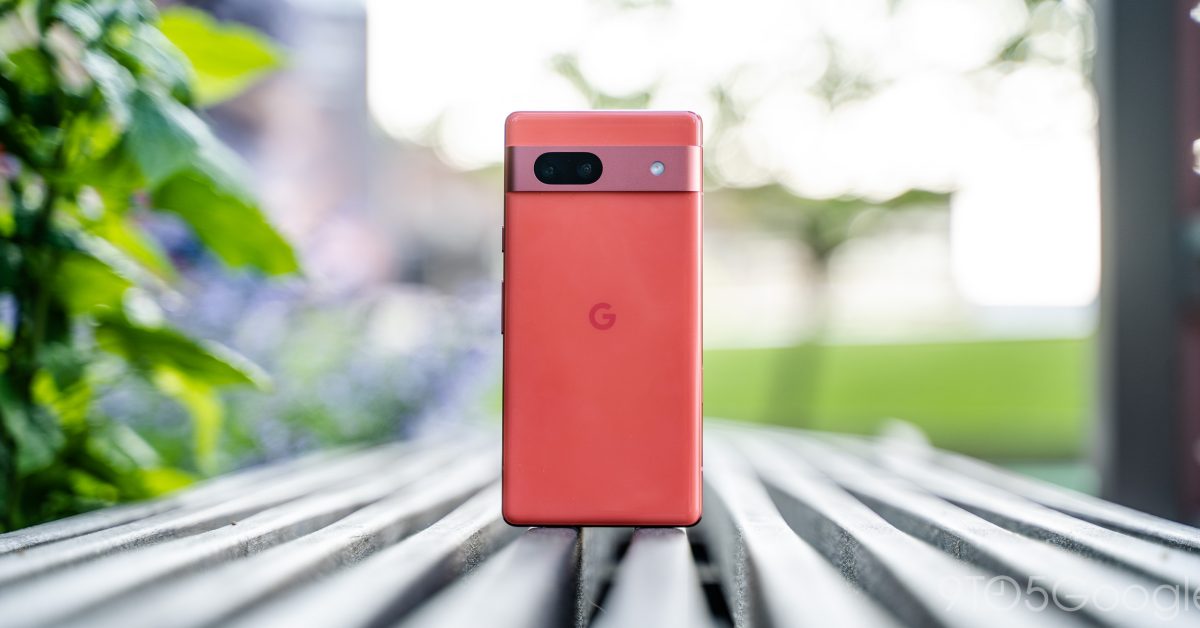Android is struggling to keep its market share in the United States, as Apple continues to take over in the market. But, despite Android as a whole losing ground, Google Pixel phones are becoming a bigger slice of the US market.
Counterpoint Research reports that, in Q2 2023, US smartphone shipments dropped by 24% year-over-year. That includes both iPhones and Android phones, and virtually every brand saw a drop in shipments. Samsung saw US shipments drop by 37% while Motorola saw a 17% drop. TCL saw the biggest decline at just shy of 70% year-over-year, and even Apple saw a 6% drop.



deleted by creator
The problem of android is that it is “fake opensource”. The OS itself is open source but google locks it down with GMS so google still controls everything.
Bingo.
AOSP is open source. Cool. In order to make AOSP useful to 99% of the population you need Google Play Services, which aren’t open source. To get Google Play Services you need to agree to install 20+ non-removable Google apps, none of which are open source.
Not only Google services. If you want to make a phone you need to buy SoC from Qualcomm or MediaTek and all the drivers for it are proprietary (often including Linux kernel modifications). Sure you can technically make your own but it’s impossible for 99% of phone makers.
There wont be a 3rd platform for the same reason that America wont have a 3rd Political Party.
You’ll never edge out the incumbents.
deleted by creator
Especially when the biggest current one, Google, did everything in their power to stop a fantastic 3rd platform in Windows Phone from becoming successful.
Not really sure they needed to lift a finger tbh.
They did though. Windows Phone was pretty rapidly gaining marketshare in the US and also in Europe at one point - I believe they hit 10% which is massive for a new OS.
Google’s response to this was to block any and all third party apps for their services, even when they broke no rules. Read up on the shitshow that was Youtube on Windows Phone to see just how aggressive they were in making sure Windows Phone died. They also refused to put any of their services on the platform.
Actually there’s a third platform being developed, based on Linux, by Puri.sm with their Librem 5 phone.
And they’re as likely to stay around as the Green party is.
RIP Windows Phone
deleted by creator
Hello, it actually exists and they started developing it with crowdfunding (now it seems like they are self-sustaining with sales)… Do you know Puri.sm?
They started some years ago creating a new Linux phone, the Librem 5, and they are developing firmware support and a mobile GNOME interface around it that also other project, like PinePhone, is using.
deleted by creator
thank you for the link…it’s speaking a bit fast for me as English is not my main language but I got the point. I would be curious to ask directly to Purism people what they think about this.
Also I would consider /e/os with Murena Fairphone 4 as a good compromise and a safe choice.
deleted by creator
Yes, I watched it with subtitles and understood the 2 points explained…thank you anyway for the recap!
deleted by creator
yes, it’s true that they’re still not ready as daily driver for not-geek people
If you have any corporate backing wouldn’t it turn back into same situation as Android? Maintaining the app store, build tools, making new features, patching vulnerabilities e.t.c all require massive amounts of capital. Why would a company openly take initiative to do that? Meanwhile all others could free ride on it? Also any OEM’s coming in and customizing it to their liking and not following the standards because they are not bound too like in Android, wouldn’t that cause massive fragmentation. Back in the Symbian days this was the case where you need to customize your app slightly for each Symbian device, which meant you had to have the physical device. I remember back in the back in the day your office would be filled with these devices.
deleted by creator
First of all major corporations contribute to Linux kernel and there is very little contribution to a distribution. Why are they doing it? Because they benefit from their hardware being supported by Linux kernel(e.g Samsung contributing to Linux Kernel for SSD drivers) and now they can sell more, they can do this because it works with their business model. That is not the case with smartphones, in the smartphone world they are selling directly to a consumer and they need to do everything they can to differentiate themselves from other Smartphone makers. Mozilla tried the business model you mentioned but it didn’t catch on. Lastly you forget to understand the number of apps available on Google Play vs on Flathub. Google Play has ~3.5 Million Apps vs ~2000 Apps on Flathub. We are talking a different scale here
Also speaking about Flathub, Flathub solves the issue of fragmentation by building an entire OS on top of another OS just to avoid the challenges of backwards compatibility. This has implications like huge app sizes because you are basically downloading the runtime and everything it depends on for each app. It works for most people because storage is cheap and can be upgraded at least in PC world. But still you will have issues with RAM because most flatpaks don’t share the runtime and you need to need load each runtime to memory and this implications like higher memory usage, slower app start times because you need to load the entire runtime first before even you start the app.
deleted by creator